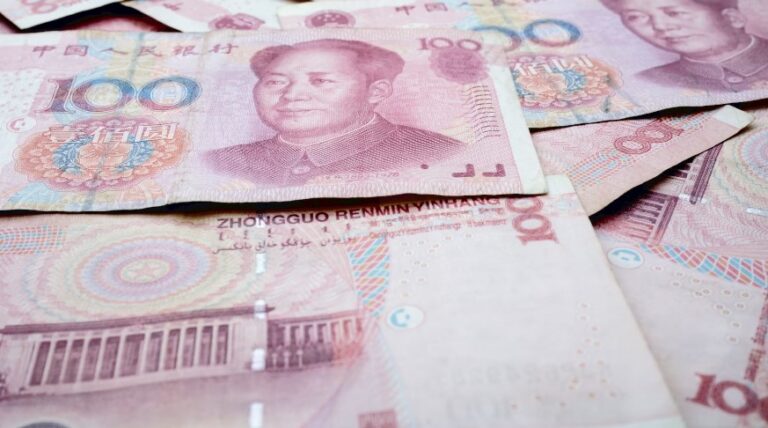The United States’ greatest geopolitical concern is becoming increasingly real: China is taking advantage of an isolated and weak Russia’s war effort to strengthen itself. That the Ukraine war is but one phase of the larger conflict between Washington and Beijing is now known (almost) to everyone.
In order to survive embargoes, blockades and sanctions, Moscow has forged stronger ties with the People’s Republic led by Xi Jinping, providing hydrocarbons and grain at bargain prices.
Even in the field of finance and currency and trade interchange, the two countries have made significant strides toward each other. A situation that has made the fortunes of Chinese banks, which are literally “eating” Russian counterparts through billions of dollars in maxi loans.
A situation that could also make the real big difference in the ongoing conflict, as well as on international balances.
Table of Contents
Chinese billion-dollar loans to Russian banks
Revealing the flood of billions of yuan flowing to Moscow along the route from Beijing was the Financial Times, which points out that China’s largest banks are taking full advantage of the “flight” of Western creditors from Russia.
The Dragon’s intent is just that: to replace the West and the United States on Russian soil also from the financial point of view, consolidating its position as a “senior partner” in the alliance with the Kremlin and a major global challenger to Washington’s hegemony.
The current phase aims at enhancing the circulation of the yuan in the global foreign exchange system, threatening the primacy of the dollar (a long-term goal of the anti-NATO Brics coalition).
Ever since the Russian invasion of Ukraine in February 2022, the West has targeted Moscow with sanctions, blocking access to the Swift international payment system and urging banks to suspend all activity in the country.
A gap filled, precisely, by the Chinese. Also according to a survey by the Kyiv School of Economics, between February 2022 to March 2023 the Industrial and Commercial Bank of China, the China Construction Bank and the Agricultural Bank of China diverted about $9.7 billion to the large neighboring partner.
Trade between the two countries reached a record $185 billion during 2022 alone. All in Chinese yuan, at the expense of dollar and euro circulation.
Dollar and euro: “toxic” currencies against the yuan
Before the February 2022 invasion, more than 60 percent of the Russian Federation’s payments for its exports were made in what Moscow authorities now call “toxic currencies”: namely, the dollar and the euro.
Since then, according to Russian Central Bank data, Western currencies have fallen to less than half of export payments, while the yuan has come to account for 16 percent of the total volume.
Austria’s Raiffeisen Bank is one of the few Western banks that has maintained a significant presence in Russia after several other foreign banks cut ties and sold branches last year. However, reforms introduced by the Kremlin in the summer have made it much more difficult for foreign banks to sell their Russian branches.
So much so that Russia’s Deputy Finance Minister, Alexei Moiseev, reaffirmed the government’s stance of hindering sales by foreign institutions. The ECB, for its part, is increasing pressure on the very lenders under its supervision (including Raiffeisen) to leave Russia.












